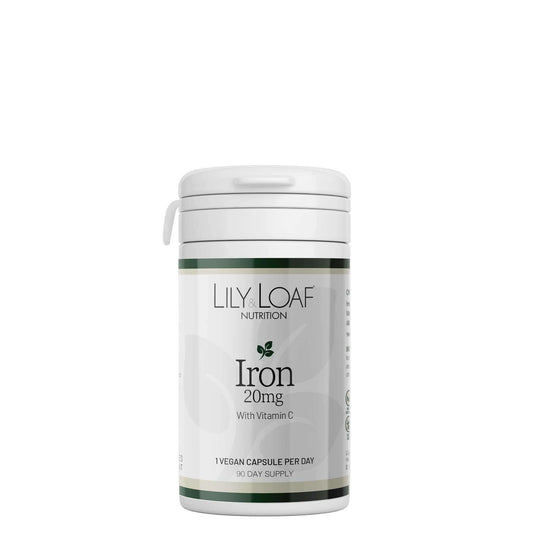Access Denied
IMPORTANT! If you’re a store owner, please make sure you have Customer accounts enabled in your Store Admin, as you have customer based locks set up with EasyLockdown app. Enable Customer Accounts

Stress & Sleep: Supporting Nervous System Health
The nervous system is vital for overall health, regulating mood, sleep, and the body’s response to illness. This complex network of nerves and cells carries signals throughout the body, impacting wellbeing. Provide your clients with products designed to support nervous system health, helping them manage stress and improve sleep quality naturally.

Stress & Sleep: Supporting Nervous System Health
The nervous system is vital for overall health, regulating mood, sleep, and the body’s response to illness. This complex network of nerves and cells carries signals throughout the body, impacting wellbeing. Provide your clients with products designed to support nervous system health, helping them manage stress and improve sleep quality naturally.
-
5 HTP with L-Tryptophan
Vendor:Lily & LoafRegular price 387,53 KčRegular priceUnit price / per -
Ashwagandha (KSM-66®)
Vendor:Lily & LoafRegular price 387,53 KčRegular priceUnit price / per -
Vision Support
Vendor:Lily & LoafRegular price 484,56 KčRegular priceUnit price / per -
Iron 20mg with Vitamin C
Vendor:Lily & LoafRegular price 291,08 KčRegular priceUnit price / per -
Double Magnesium
Vendor:Lily & LoafRegular price 368,70 KčRegular priceUnit price / per -
Ginger & White Lily Soy Wax Candle
Vendor:Lily & LoafRegular price 315,05 KčRegular priceUnit price / per -
Lavender & Geranium Soy Wax Candle
Vendor:Lily & LoafRegular price 315,05 KčRegular priceUnit price / per -
Jasmine & Patchouli Soy Wax Candle
Vendor:Lily & LoafRegular price 315,05 KčRegular priceUnit price / per -
Ylang Ylang & Amber Soy Wax Candle
Vendor:Lily & LoafRegular price 315,05 KčRegular priceUnit price / per -
Alpha Lipoic Acid (ALA)
Vendor:Lily & LoafRegular price 310,48 KčRegular priceUnit price / per -
 Sold out
Sold outSandalwood & Amber Soy Wax Candle
Vendor:Lily & LoafRegular price 315,05 KčRegular priceUnit price / per -
Geranium Organic Essential Oil
Vendor:Lily & LoafRegular price From 261,40 KčRegular priceUnit price / per
Collection: Stress & Sleep
Invalid password
Enter













